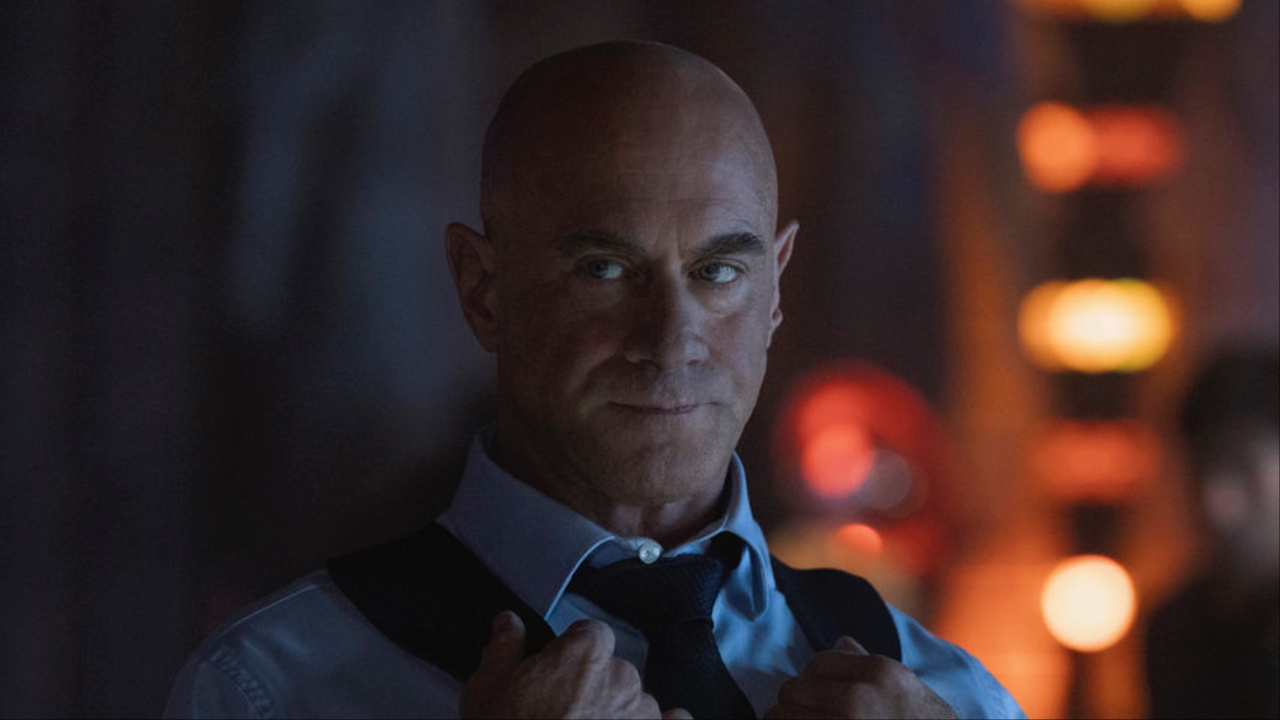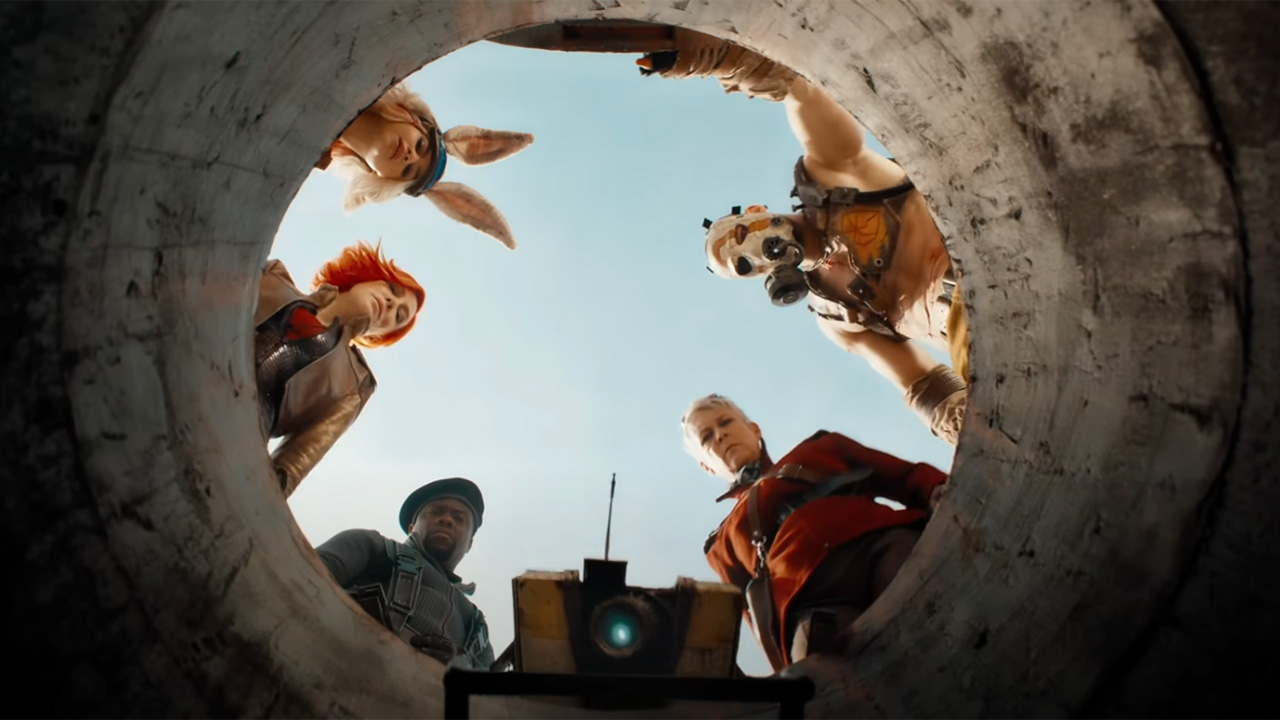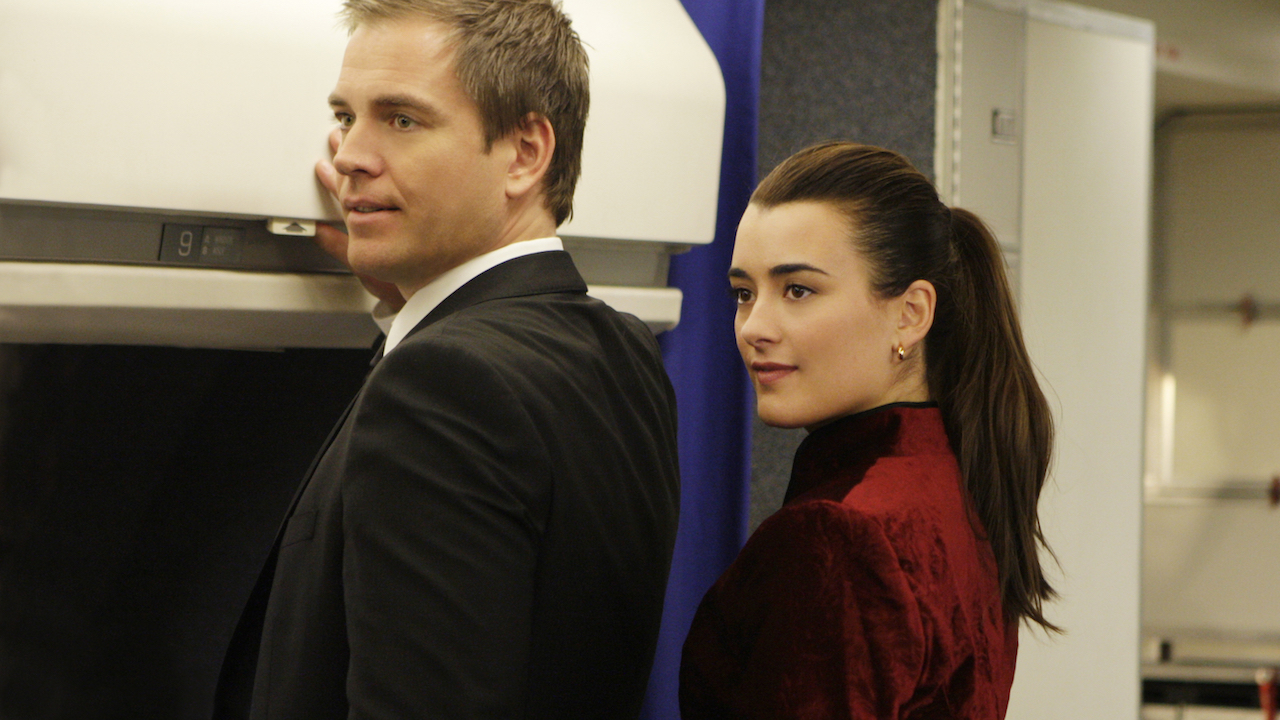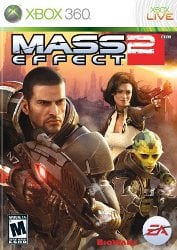
If you haven't played the first Mass Effect yet, do it before you pick up Mass Effect 2. It's a great game and it's probably only about $20 at this point. Furthermore, the storyline of ME2 is a direct continuation of its predecessor so it won't be quite as satisfying if you haven't played through ME. You also won't appreciate the huge improvements that BioWare has made in the sequel.
The story is the most important aspect of the Mass Effect series by far so I'll try to spoil as little as possible. By the end of the first game, hero Commander Shepard and his/her team had discovered that a mysterious race called the Reapers was on the verge of attacking the galaxy. They're unable to take the fight to the Reapers in ME2, though, because a new threat has appeared. The Collectors, an insectoid race, is kidnapping human colonists for unknown purposes.
While the fight against the Collectors works as a standalone story, there are a great deal of connections to the first game (especially if you import your ME1 character). People you harmed or helped in the first game will reappear and act differently depending on how you treated them in the past. Some of these encounters are a bit shallow - you'll get emails from folks saying "thanks again for rescuing me that time" - but when added up all these little bridges between ME and ME2 flesh out your character and ground him in the game's universe. He's not this unknown figure who glides around anonymously and solves people's problems; people will be attracted to or recoiled by your reputation.
You'll spend much of the game attempting to recruit a new team. BioWare has always been great at creating NPC companions with rich backstories and this game is no exception. Even the outwardly one-dimensional characters, like the bloodthirsty krogan "Grunt," have deep and fascinating personalities. As with Dragon Age: Origins, each companion has a personal quest that you can choose to complete as well. It's fun to just chat them up, too. If you're looking to do more than converse, than you can also pursue them romantically. I believe there are about six love interests among the team (three for male Shepard, three for female Shepard).
Conversations still follow the familiar BioWare rhythm: you're given Good, Neutral, and Evil dialogue options that determine how you treat other people and how you complete quests (do you let the criminal go or shoot them?). Your words and deeds will then boost your Paragon score if you did something nice or your Renegade score if you acted like a prick. The Good, Neutral, and Evil options are generally placed in the same order on the "dialogue wheel" so it's possible to sleep-walk your way through the conversations and not worry about choosing your words. I'd imagine that if you don't give a crap about story or dialogue that you wouldn't be playing this game, though. Many interesting moral dilemmas are posed to the player and the knowledge that your decisions could affect what happens to you later in the game (or in ME3) gives each choice weight.
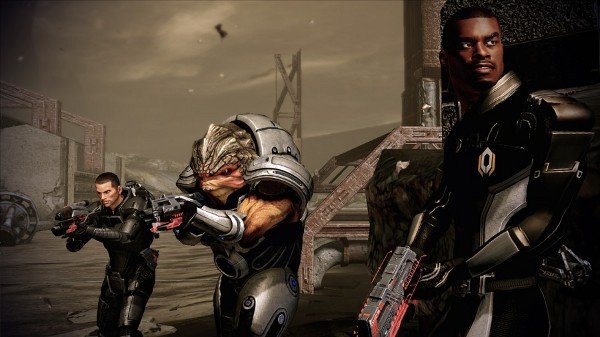
BioWare seems to anticipate conversation fatigue, though. Characters move around while talking a lot more than in the previous game so you're not stuck watching two talking heads. The new Paragon/Renegade actions bring some energy into dialogue, too. At certain points in conversations, the Paragon or Renegade icon will flash on screen. Pressing the trigger button will allow you to do a special action in the scene. If you're interrogating a prisoner, the Renegade Action might be to start pummeling him until he gives you the information you want. An example of a Paragon Action would be healing an NPC on the verge of death. The window of opportunity for performing these acts is only a few seconds long so you're forced to actually pay attention.
The dynamic conversations were probably the strongest part of ME1, though, so it receives less improvements than other aspects of the game. More attention was paid to sprucing up the combat, which plays out like a third-person, squad-based shooter. The issue with most action RPG's (Vampire: The Masquerade - Bloodlines, Deus Ex) is that while the combat emulates a normal action game, it never quite feels right. It just lacks the depth that a "pure" action game possesses. ME1's battles, for example, were rendered tedious by repetitive level structures and simplistic enemy A.I..
CINEMABLEND NEWSLETTER
Your Daily Blend of Entertainment News
ME2 doesn't fix all of the problems from its predecessor's combat but it's certainly a step up. There's a wider range of enemies and while they're not necessarily smarter than the foes in ME1, the range of their abilities creates new challenges. BioWare's put more care into creating interesting locations for your battles, too, even with optional quests. One mission takes place on a world with an hotter-than-average sun which burns through your shields if you don't stick to the shade. Little touches like the ability to vault cover, heavy weapons, and finite ammo supplies (the first game simply had guns overheat if they were fired too quickly) also help to make combat more satisfying to the action fan.
The strategy aspect of ME2's combat isn't played up nearly enough, though. Shepard is accompanied by two other characters on away missions and you can easily direct them with the shoulder and d-pad. There's not much reason to do so, though. They're competent enough on their own but more importantly, the battles are rarely complex enough to require any micromanagement on your part. The only exceptions are the handful of boss enemies that the game tosses at you. One stands out in particular: it was a flying Collector that would fully recharge its shield about five seconds after you brought them down. When it came time to recharge itself, it would drop to the floor and fire off an area-of-effect attack that would knock out you or your companions if they were caught within the blast radius. You needed to direct your companions to use their strongest attacks when the Collector's shields were down and also keep them moving so they wouldn't be caught in its blast attack. It was one of the few times where the combat actually felt strategic.
BioWare added a lot of character abilities and powers in ME2 but they also, surprisingly enough, cut a bunch from the original. ME1 characters had about ten different skills apiece to advance but now they have half that. The knee-jerk reaction is "OMG they dumbed the game down!" but you won't miss most of what's been cut. You no longer have to put points into different weapons to use them better; your ability to wield different weapons is determined by your class and the exact damage/accuracy is based on the weapon itself and its upgrades. The Persuade/Intimidate skills are gone, too, so your talent in each is based solely upon your Paragon/Renegade score.
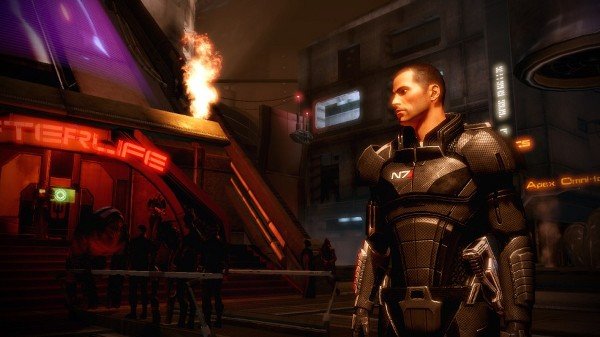
What's left are the active abilities you'll use in combat. There's little overlap between each character's abilities, too. It makes your choice of party a little more meaningful. As with the first game, you'll likely choose a team that has a mixture of combat, biotic, and tech ability but now it matters what specific characters you pick. I stuck with the same two companions for almost the entirety of ME1 but in this game I found myself continually rotating characters out to find the right combination.
The equipment and inventory mechanics have been streamlined as well. In the first game, you were given piles and piles of incrementally better weapons and you had to manually equip them to each character and junk all of the extras. ME2 gives you only maybe twenty weapons throughout the game and they're all noticeably different from each other. When you pick up a shotgun that's better than the one you're carrying, you'll automatically equip it - and so will every other player in your party (assuming they can equip shotguns, of course). You can alter your equipment manually through a weapon locker on your ship or a menu that pops up before every mission. You never have to take a break from the game to sift through your character's bags and junk unwanted items. With equipment no longer in finite supply, every character is equally well-geared and you can switch between them more freely.
The slottable upgrades for weapons and armor are gone, too. Instead, you purchase upgrades (+10% submachine gun damage, for example) at stores with credits and they're immediately applied with no equipping required. Alternately, you can buy these enhancers with natural resources you mine from planets (via a new minigame). It's generally cheaper to make the purchases with resources so you're encouraged to go and explore uncharted worlds in the galaxy. In the process, you're bound to run into a few side quests, too. Rather than taking you away from the game, ME2's new approach to equipment actually pushes you further into it. The phrase "dumbed down" will appear a lot in angry forum posts but what BioWare's done here is removed all the busy work.
Mass Effect is one of the best RPG's of this generation and BioWare could've used its exact same mechanics with ME2 and still raked in praise; the story by itself makes each installment in the series worthy of acclaim. However, the developers took an axe to the awkward features of the first game and crafted a sequel that's extremely accessible in spite of its depth. When a dev team's that willing to make bold changes to a proven formula, you can't help but be excited for the next chapter. Let the Mass Effect 3 hype season begin.
Players: 1 Player
Platform(s): Xbox 360 (reviewed), PC
Developer: BioWare
Publisher: Electronic Arts
ESRB: Mature
Rating:

Staff Writer at CinemaBlend.
Law And Order: Organized Crime Star Told Us What's 'More Realistic' About Season 5 On Peacock, And Now Stabler's Accident Seems A Lot Scarier
Chicago Fire May Have Just Lost A Firefighter, And More Cast Departures Are On The Way
Jon Bernthal Is Getting His Own Punisher Special, And I Already Know How I Want It To Tie Into Daredevil: Born Again Season 2

